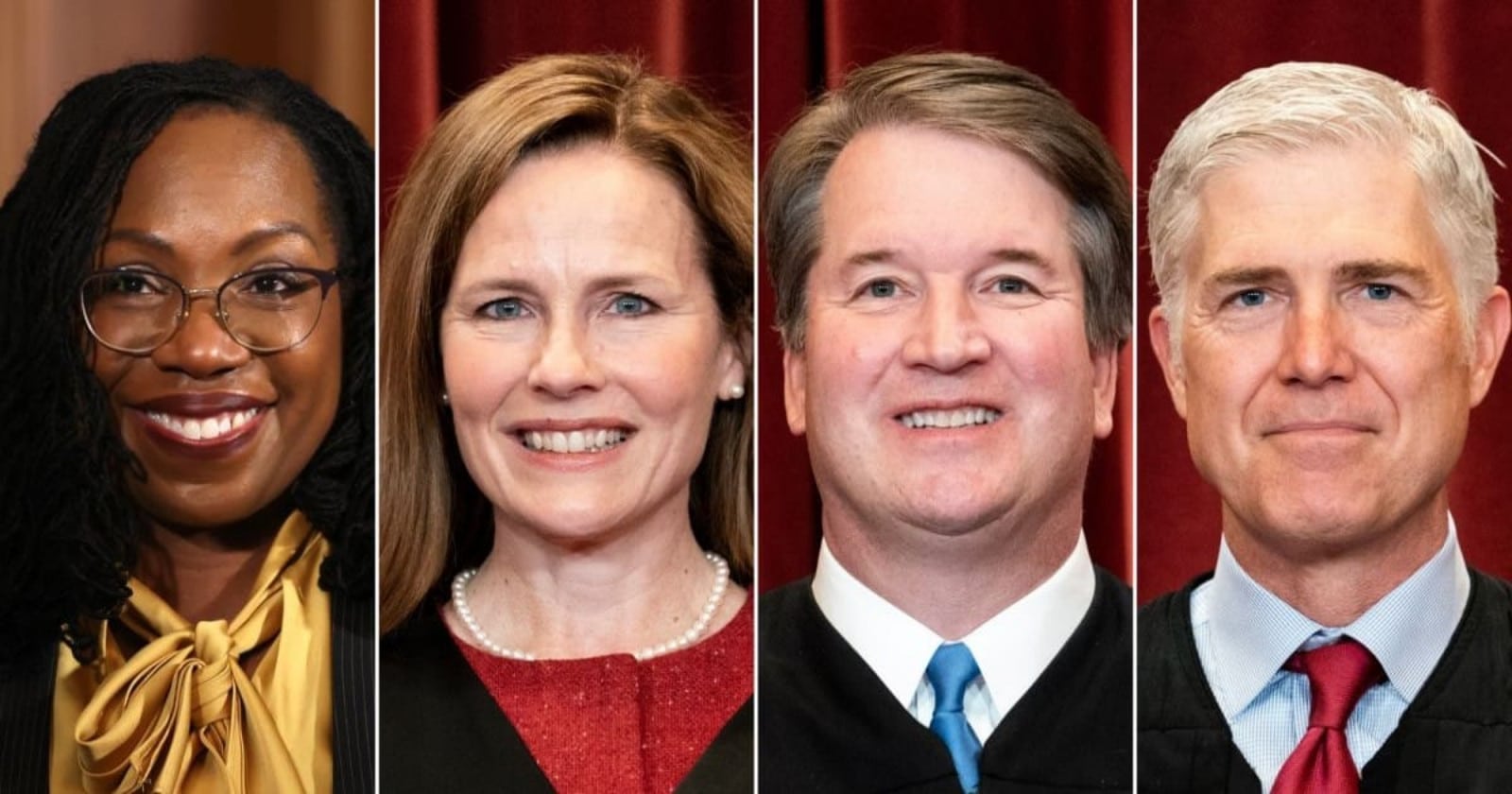OPINION: This article may contain commentary which reflects the author's opinion.
The U.S. Supreme Court has announced more opinion days this week, which came as a surprise.
The nation’s highest court added Thursday and Friday to its schedule, in addition to the session that was supposed to happen on Wednesday.
Senior legal affairs writer Josh Gerstein wrote about the change on X, saying, “JUST IN: #SCOTUS announces Thursday and Friday of this week as opinion days in addition to previously announced Wednesday.”
The change comes at a time when the court has more than twenty cases waiting to be decided. The judges usually try to finish their term by the end of June or the beginning of July. Following that, they take a break until the first Monday in October, when the next session will begin.
The longer plan makes people wonder if the court wants to speed up decisions in several important cases. One of the most-anticipated decisions is whether or not former President Donald Trump can be charged with crimes for things he did while he was in office.
A lot of people are interested in this case because it could have big effects on executive power and responsibility.
JUST IN: #SCOTUS announces Thursday and Friday of this week as opinion days in addition to previously-announced Wednesday. Still a chance to clear the decks by Friday.
— Josh Gerstein (@joshgerstein) June 24, 2024
Moyle v. United States is another important case that hasn’t been decided yet. It’s about Idaho’s abortion ban and how it affects the federal Emergency Medical Treatment and Labor Act.
The decision could have big effects on how easy it is to get an abortion across the country, especially in states that have banned the procedure since Roe v. Wade was overturned in 2022.
The court will also likely make a decision on United States v. Rahimi, which will look at whether a federal law that stops people with domestic abuse restraining orders from having guns is constitutional. The decision may have a significant impact on gun rights and efforts to stop domestic violence.
The justices will also be hearing two cases about how the government controls social media material, including the blocking of certain political views. The decisions could change how online speech is regulated and how platforms handle complaints.
Fischer v. United States is another important case that will decide if federal prosecutors can charge people who took part in the riot at the U.S. Capitol on January 6, 2021, with blocking an official procedure.
The decision could affect those who are still being tried for what happened that day.
Legal experts say the move might be an attempt to avoid making too many decisions in one day.
Dan Urman, a law professor at Northeastern University who specializes in the U.S. Supreme Court, told Newsweek that the court adding order days was not a surprise given the number of cases they had to hear.
He also said that the “justices would like to be finished with the term by the end of June and probably want to avoid issuing too many decisions on a single day.”
With these extra sessions, the court seems ready to make a lot of important decisions before the end of the month. These decisions could change the course of many law and political debates across the country.
